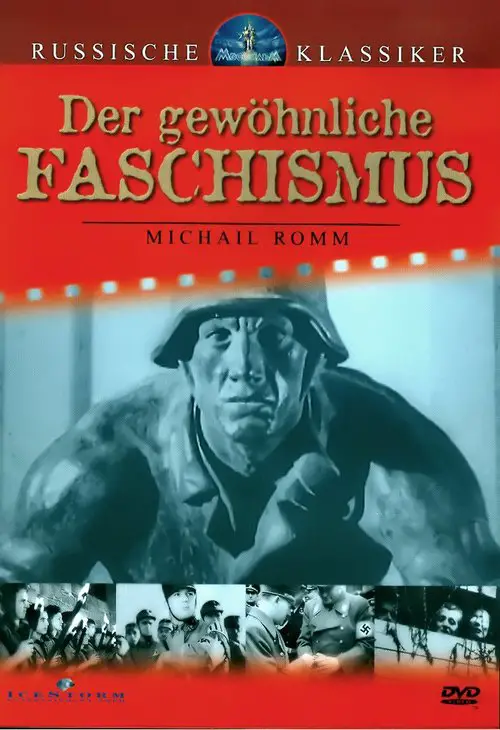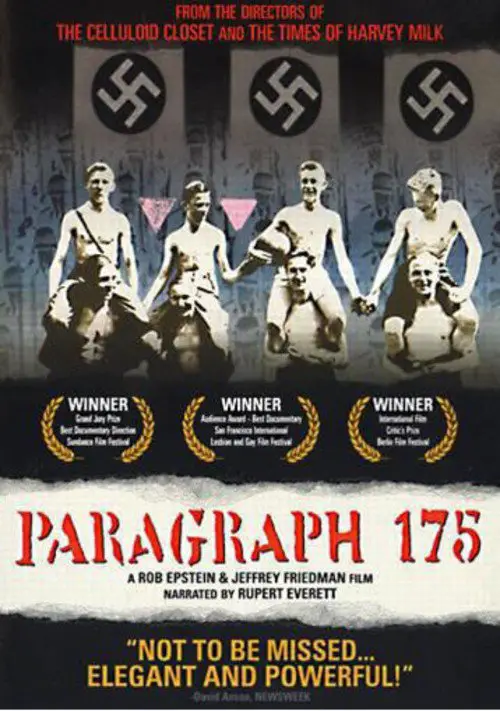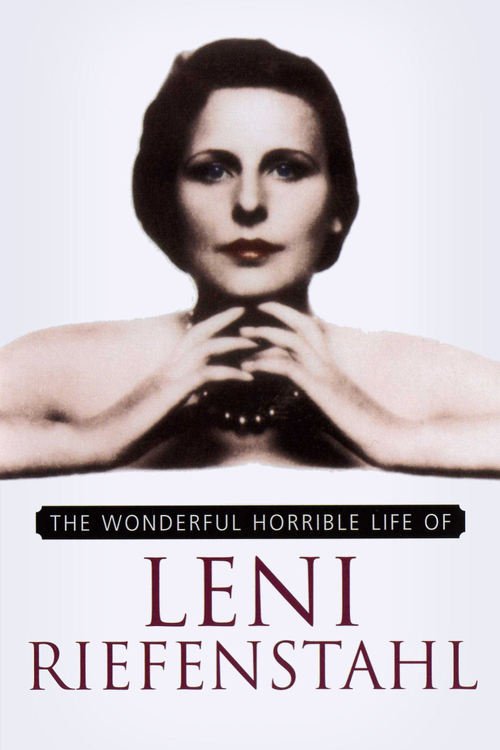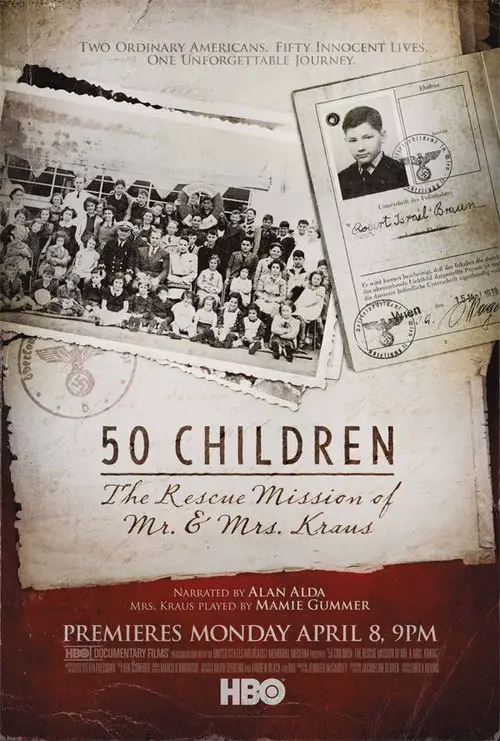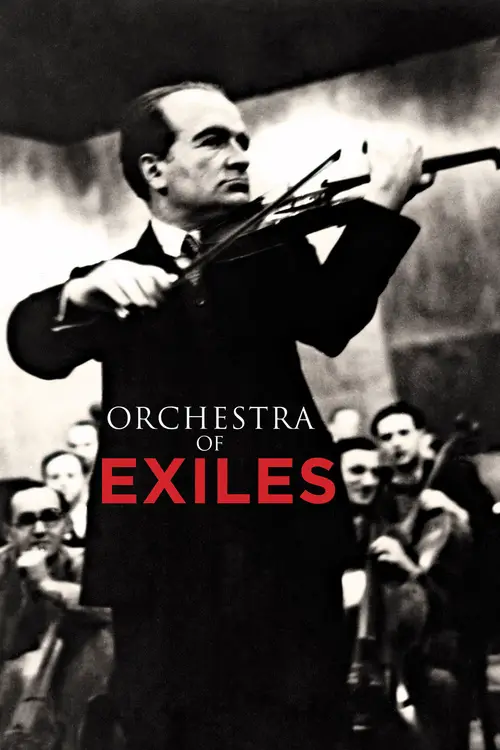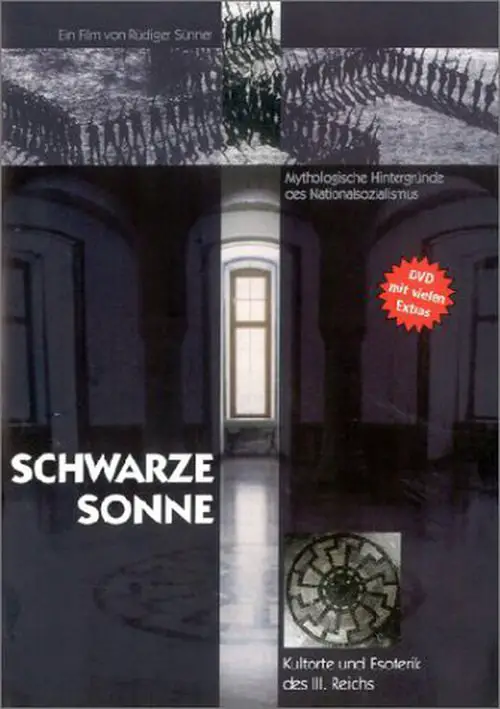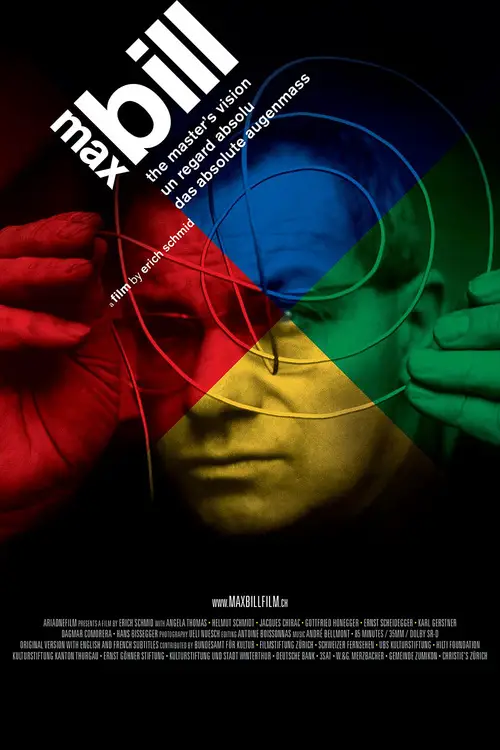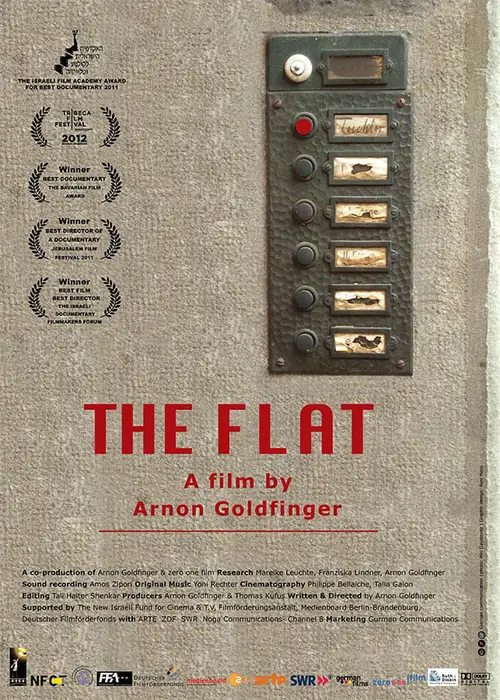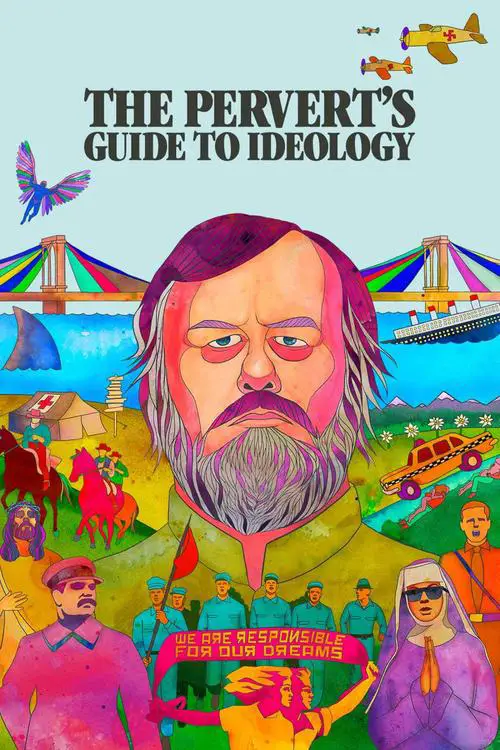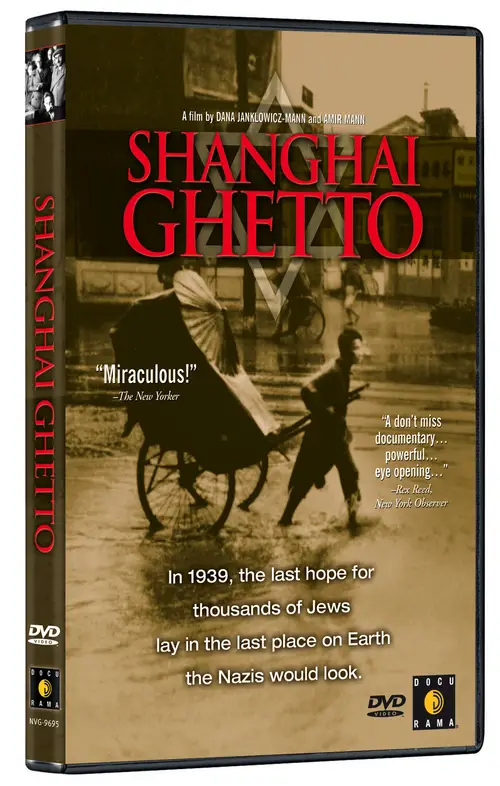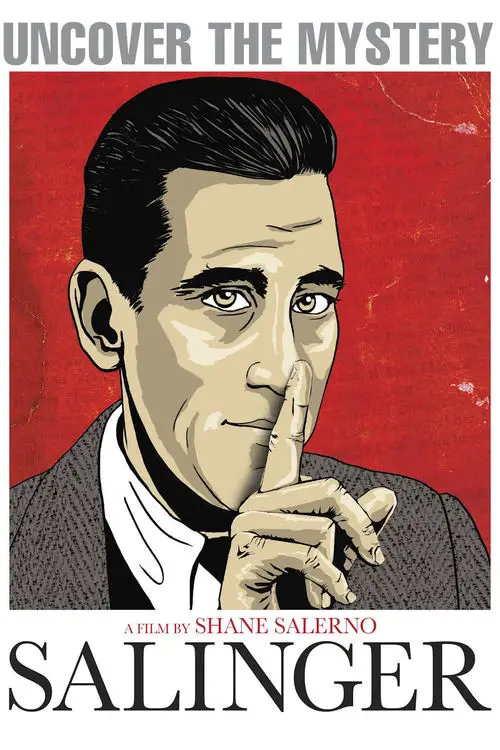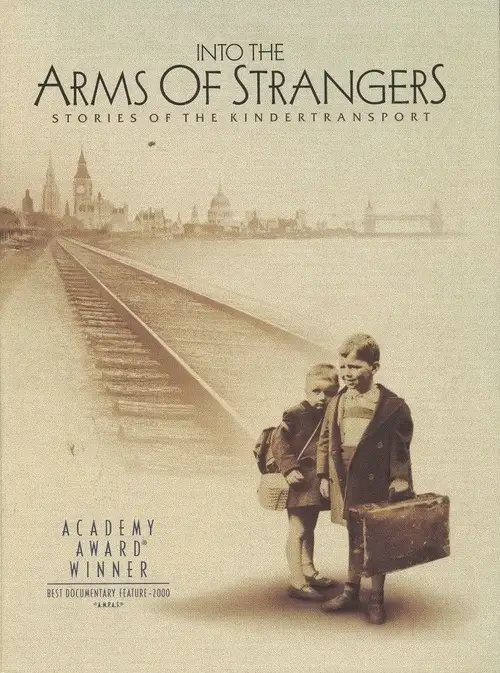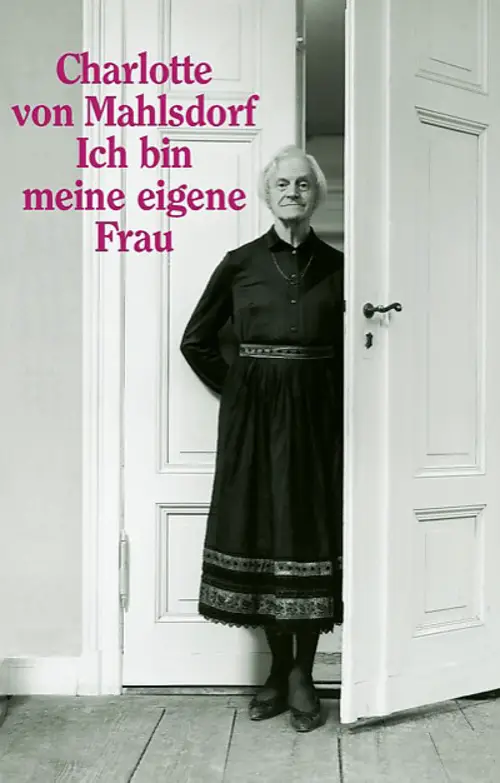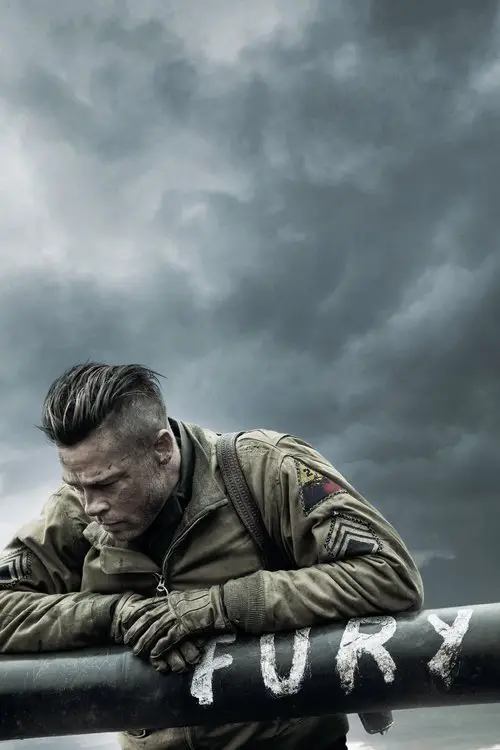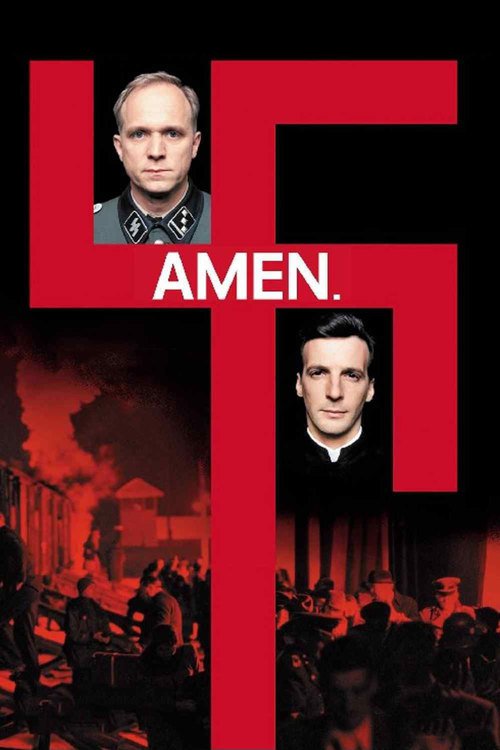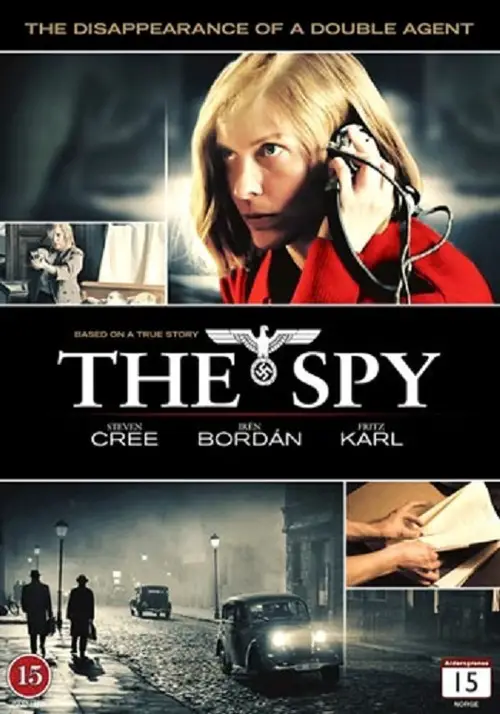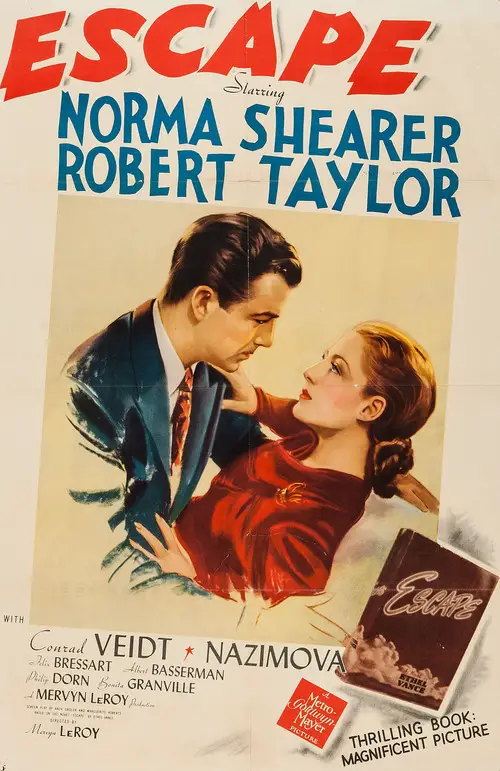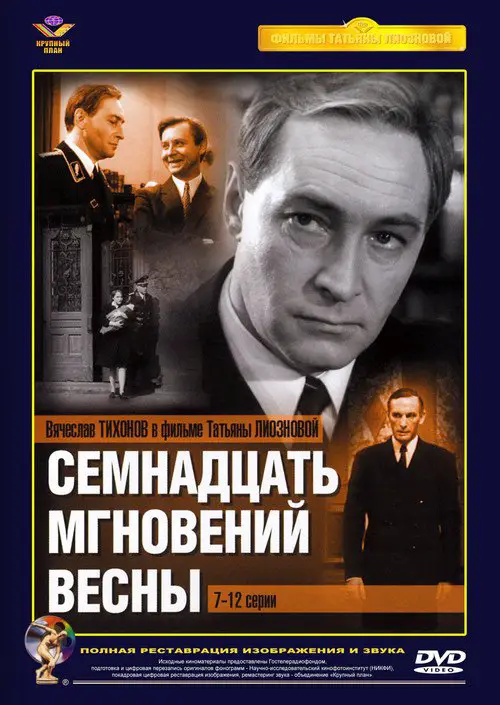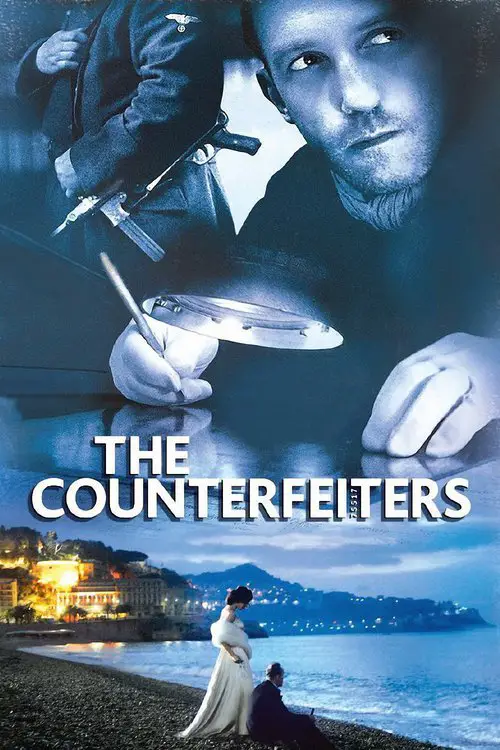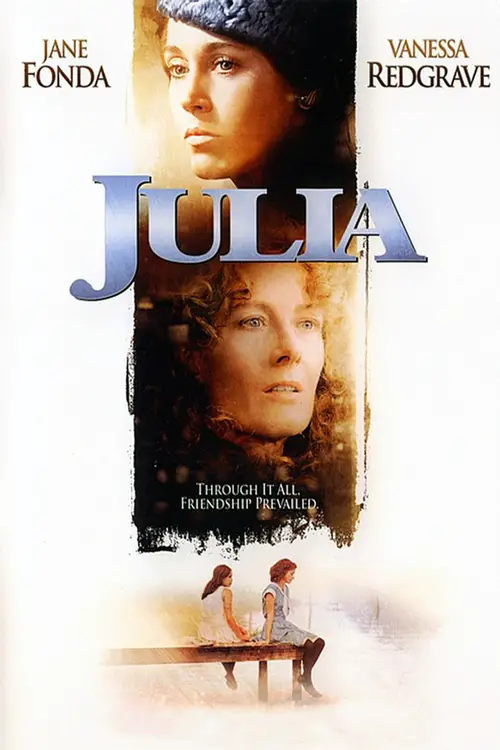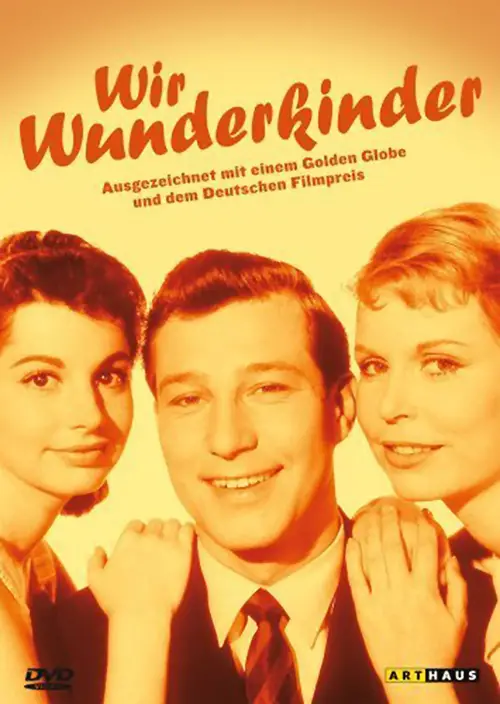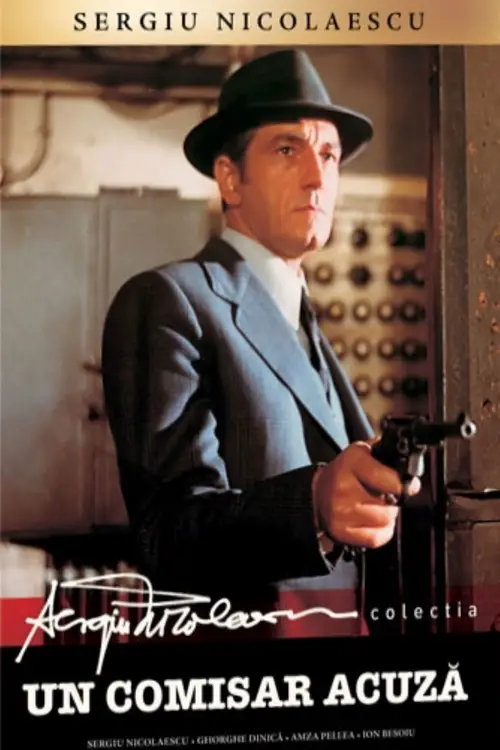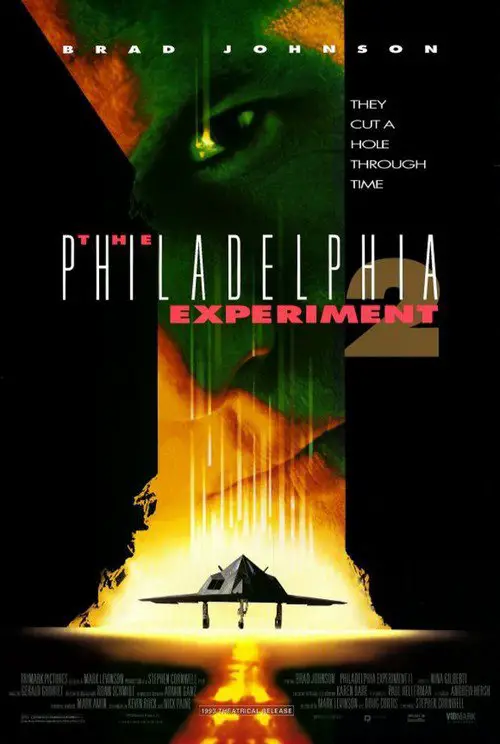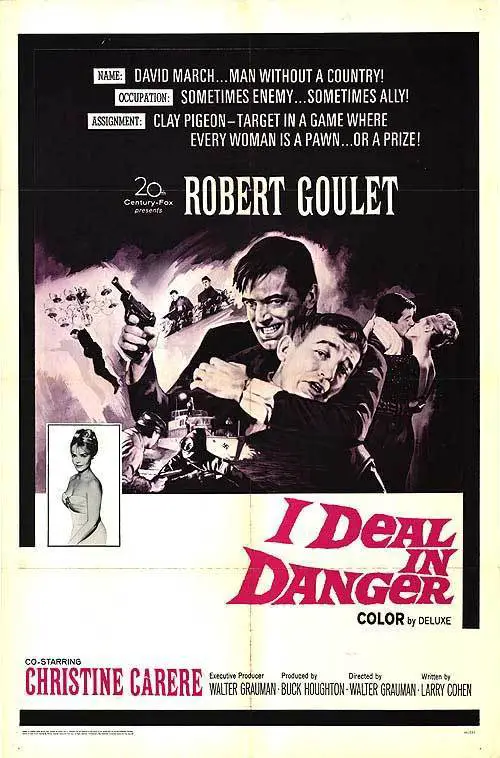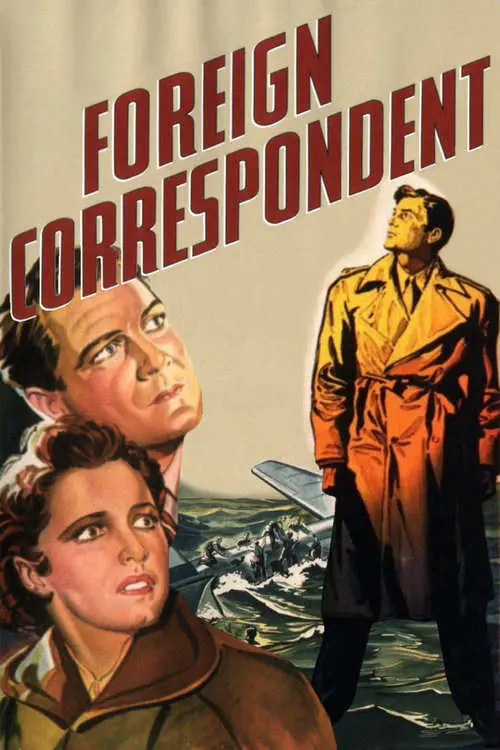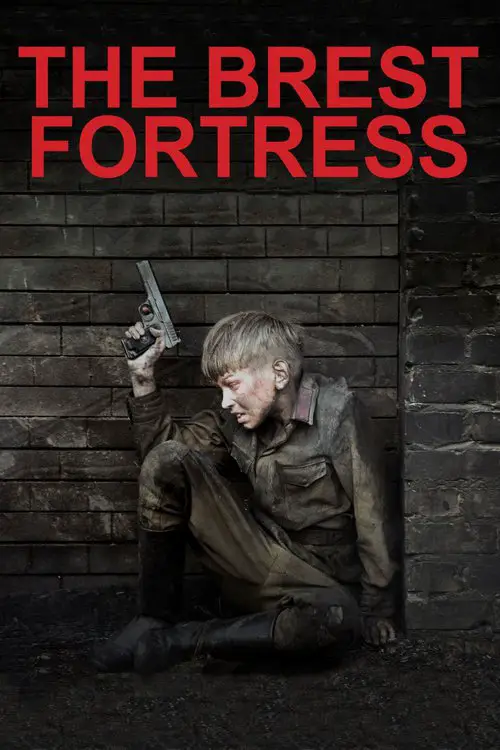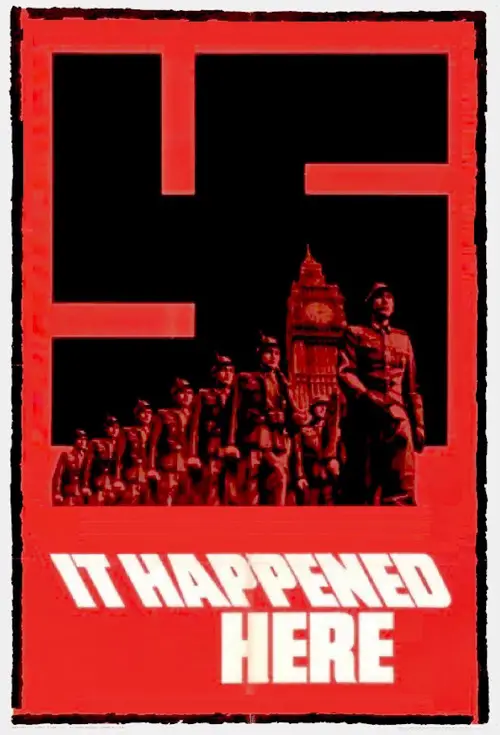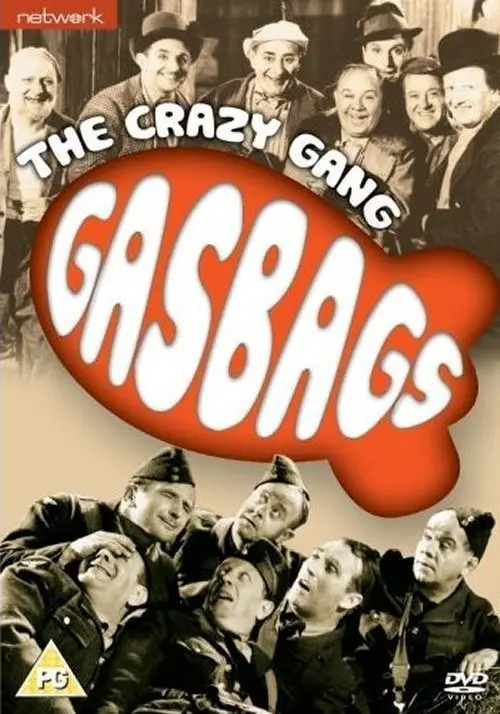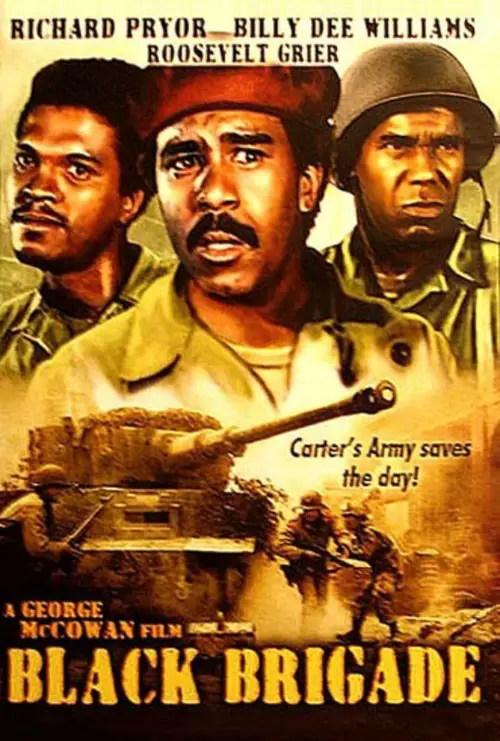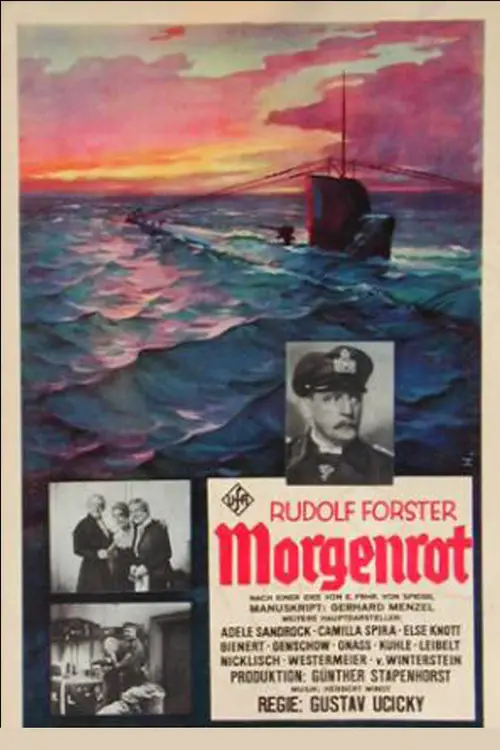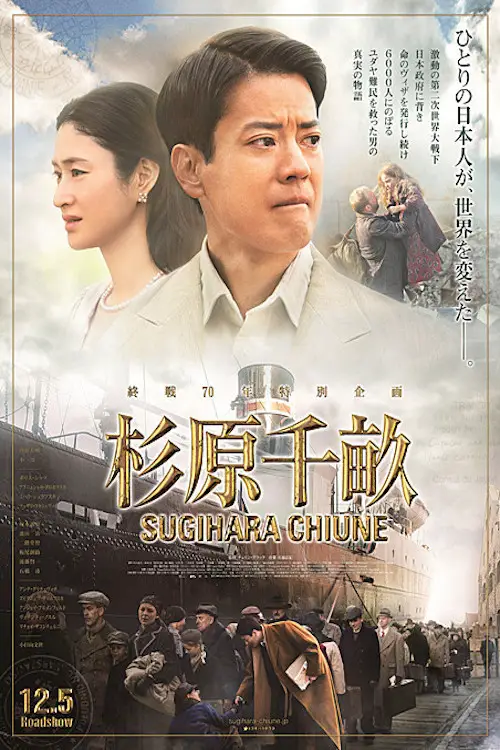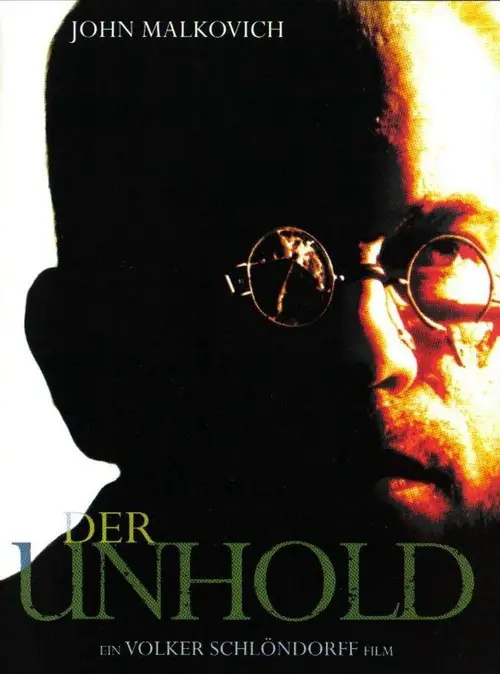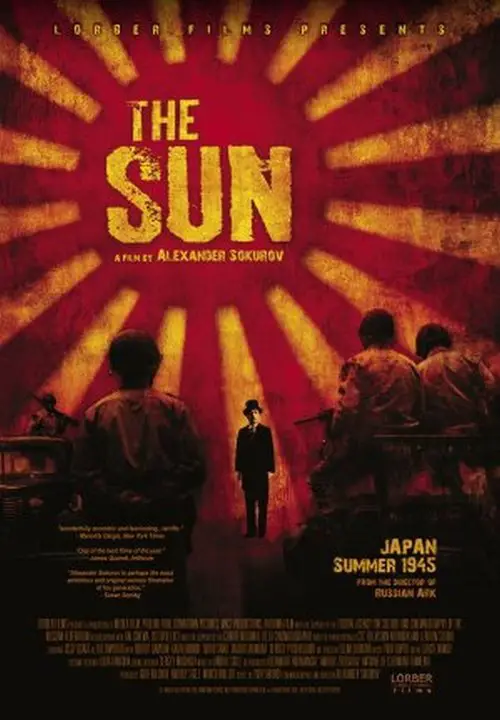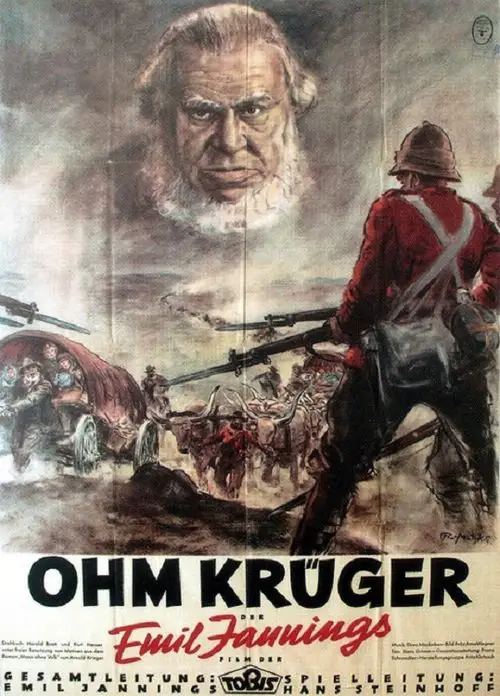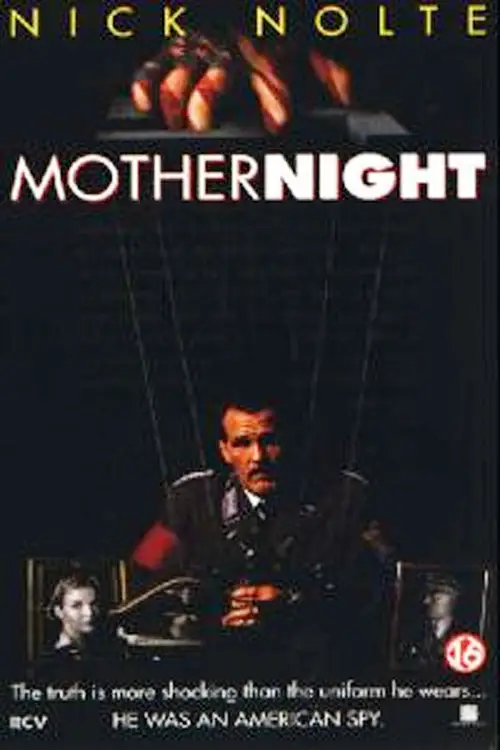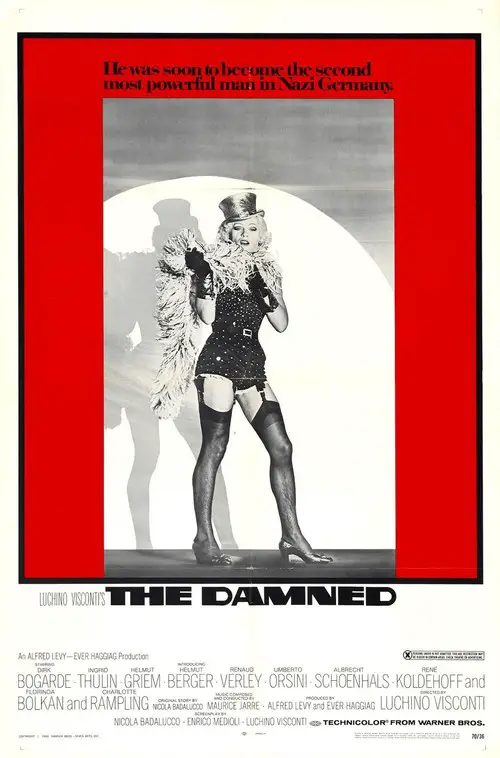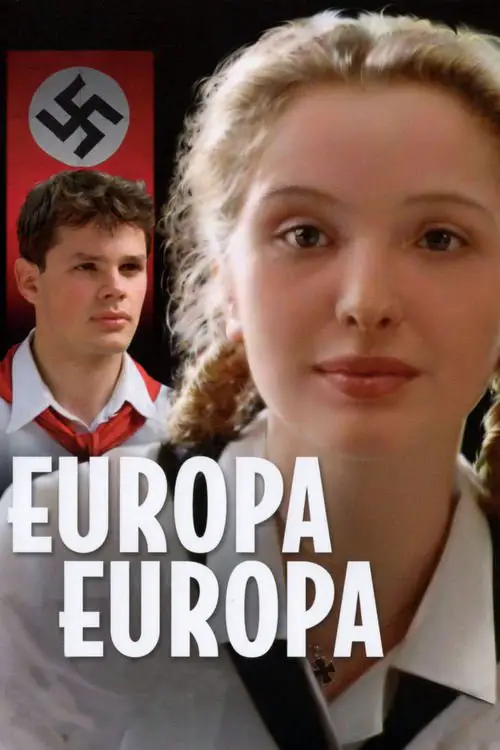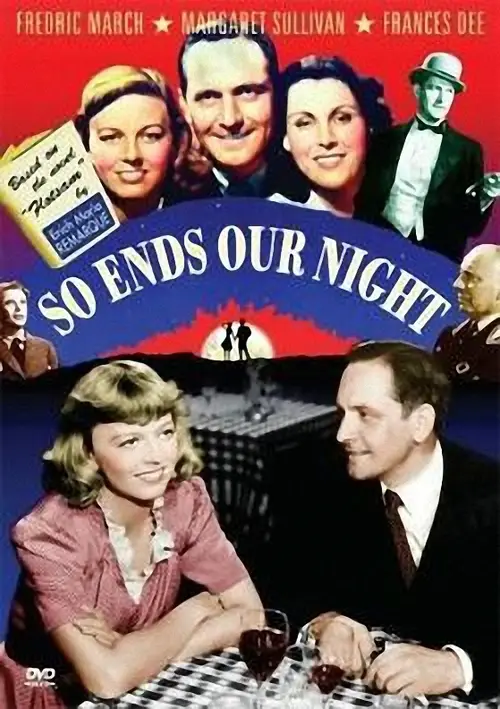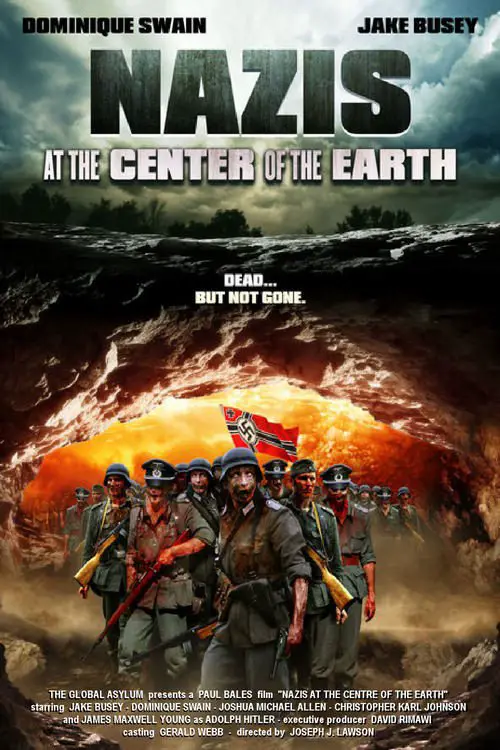The Architecture of Doom (1989)
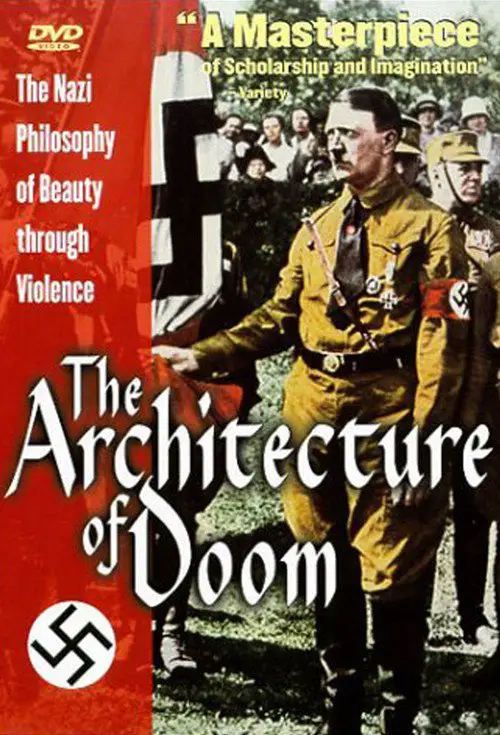
Similar movies
Romm's "Ordinary Fascism" pulls out all the stops in its selection of documentary material to draw the viewer not only into absolute horror about fascism and nazism in the 1920s-1940s Europe, but also to a firmest of convictions that nothing of the sort should be allowed to happen again anywhere in the world.
Four volume documentary set ("Adolf Hitler", "The SS Blood and Soil", "The Enigma of the Swastika", and "Himmler The Mystic") containing mainly B&W as well as some color archival footage, with narration explaining the influences of alternative belief systems (occult, paganism, mysticism, etc) on the Nazi ideology and Hitler's personal philosophy. Also documents the history and development of the ideas and symbols that would be used along with eugenicist racial politics to perpetrate the murder and oppression of millions during World War II.
This documentary recounts the life and work of one of most famous, and yet reviled, German film directors in history, Leni Riefenstahl. The film recounts the rise of her career from a dancer, to a movie actor to the most important film director in Nazi Germany who directed such famous propaganda films as Triumph of the Will and Olympiad. The film also explores her later activities after Nazi Germany's defeat in 1945 and her disgrace for being so associated with it which includes her amazingly active life over the age of 90.
World War II was not just the most destructive conflict in humanity, it was also the greatest theft in history: lives, families, communities, property, culture and heritage were all stolen. The story of Nazi Germany's plundering of Europe's great works of art during World War II and Allied efforts to minimize the damage.
A historical analysis of how groups such as the Naziâs may use language, symbols, and religious connotation in order to come to power. It raises questions that deserve in depth analysis and consideration. Questions include: Where do legends expand our thinking and where do they bury it? When does spiritual pursuit suddenly turn into fanaticism and violence? Last, have we as a society learned from our past, and if so have forgotten the lessons of the 20th Century? Are we now embarking on a new level only to learn the same old lessons about humanity again? In addressing these questions we are taken into the back drop of the history of Germany beginning in the late 1800âs through the late 20th Century at the eve of the 21st. âA society that does not take archetypes, myths, and symbols seriously will possibly be jumped by them from behind.â
The film about Max Bill (1908-1994) moves between the dynamic fields of art, aesthetics and politics. Max Bill was probably the most important swiss artist of the 20th century and the most famous student to come out of the legendary Bauhaus in Dessau. He was an ardent anti-fascist and all his avant-garde work as an artist, sculptor, architect and typographer showed a social responsibility and environmental awareness right through his life. His views have become incredibly topical.
The flat on the third floor of a Bauhaus building in Tel Aviv was where my grandparents lived since they immigrated to Palestine in the 1930's. Were it not for the view from the windows, one might have thought that the flat was in Berlin. When my grandmother passed away at the age of 98 we were called to the flat to clear out what was left. Objects, pictures, letters and documents awaited us, revealing traces of a troubled and unknown past. The film begins with the emptying out of a flat and develops into a riveting adventure, involving unexpected national interests, a friendship that crosses enemy lines, and deeply repressed family emotions. And even reveals some secrets that should have probably remained untold...
SHANGHAI GHETTO recalls the strange-but-true story of thousands of European Jews who were shut out of country after country while trying to escape Nazi persecution in the late 1930s. Left without options or entrance visas, a beacon of hope materialized for them on the other side of the world, and in the unlikeliest of places, Japanese-controlled Shanghai. Fleeing for their lives, these Jewish refugees journeyed to form a settlement in the exotic city, penniless and unprepared for their new life in the Far East. At the turn of the new millennium, filmmakers Dana Janklowicz-Mann and Amire Mann boldly snuck into China with two survivors and a digital camera to shoot at the site of the original Shanghai Ghetto, unchanged since WWII.
Brothers Colin and Ewan McGregor follow up their documentary The Battle of Britain with a film exploring Bomber Command, a rarely told story from the Second World War. The film focuses primarily on the men who fought and died in the skies above occupied Europe, with numerous examples of individual heroism and extraordinary collective spirit, and Colin learns to fly the key aircraft of the campaign: the Lancaster bomber. But this is also the story of a controversy that has lasted almost 70 years. The program covers six years of wartime operations, and traces the obstacles and challenges that were overcome as the RAF developed and deployed the awesome fighting force that was Bomber Command.
The life story of Charlotte von Mahlsdorf, born Lothar Berflede. Miss Charlotte survived the Nazi reign and the repression of the Communists as a transsexual woman and helped start the German gay liberation movement. Documentary with some dramatized scenes. Two actors play the young and middle aged Charlotte and she plays herself in the later years.
A subjective documentary that explores the numerous theories about the hidden meanings within Stanley Kubrick's film The Shining. The film may be over 30 years old but it continues to inspire debate, speculation, and mystery. Five very different points of view are illuminated through voice over, film clips, animation and dramatic reenactments. Together they'll draw the audience into a new maze, one with endless detours and dead ends, many ways in, but no way out.
Last months of World War II in April 1945. As the Allies make their final push in the European Theater, a battle-hardened U.S. Army sergeant in the 2nd Armored Division named Wardaddy commands a Sherman tank called "Fury" and its five-man crew on a deadly mission behind enemy lines. Outnumbered and outgunned, Wardaddy and his men face overwhelming odds in their heroic attempts to strike at the heart of Nazi Germany.
The film "Amen." examines the links between the Vatican and Nazi Germany. The central character is Kurt Gerstein, a member of the Institute for Hygiene of the Waffen-SS who is horrified by what he sees in the death camps. Moreover, he is shocked to learn that the process he used to purify water for his troops, by using zyklon, served as a basis to kill people in gas chambers.
Vera von Schalburg is a German prostitute working in Nazi Germany. In 1938, one year before the outbreak of World War II, Schalburg is arrested by the Berlin police. She is offered to work as a spy for the Abwehr, the German military intelligence service, instead of facing jail time. Completely unaware of the secret war preparations being conducted by her government, and unwilling to leave her teenage son who later joins the Hitler Youth, she accepts the offer.
The series is based on a true story of a Russian spy Colonel Isaev (Stirlitz) in Fascist Germany during 17 days in very end of WWII. Stirlitz has worked his way to the very top of the Fascist hierarchy without being caught. However, his "colleagues", top Hitler's officers Borman, Mueller, Schellenberg are beginning to suspect him. Stirlits is constantly walking on the edge between his two identities, sending information to Russia, while skillfully maintaining the appearance of loyalty to fascist regime.
JULIA covers the 1930s when Lillian attained fame with the production of her play "The Childrens' Hour" on Broadway. It centers on Lillian's relationship with her friend, Julia. It's a relationship that goes beyond mere acquaintance and one for which the word "love" seems appropriate. While Julia attends the University in Vienna, Lillian suffers through revisions of her play with her mentor and sometimes lover Dashiel Hammett. After becoming a celebrated playwright, Lillian is invited to a writers conference in Russia. Julia, having taken up the battle against fascism, enlists Lillian en route to smuggle money through Nazi Germany which will assist in the Anti-Fascist cause. During a brief meeting with Julia on this trip, Lillian learns that Julia has had a child which is called Lilly.
Eccentric Cambridge archaeologist Horatio Smith (Howard) takes a group of British and American archaeology students to pre-war Nazi Germany to help in his excavations. His research is supported by the Nazis, since he professes to be looking for evidence of the Aryan origins of German civilisation. However, he has a secret agenda: to free inmates of the concentration camps.
The Nazis, exasperated at the number of escapes from their prison camps by a relatively small number of Allied prisoners, relocates them to a high-security "escape-proof" camp to sit out the remainder of the war. Undaunted, the prisoners plan one of the most ambitious escape attempts of World War II. Based on a true story.
Max Manus is a Norwegian 2008 biographic war film based on the real events of the life of resistance fighter Max Manus (1914â96), after his contribution in the Winter War against the Soviet Union. The story follows Manus â played by Aksel Hennie â through the outbreak of World War II in Norway until peacetime in 1945.
The Iron Guard, also known as Legion of Archangel Michael, was a Romanian nationalist and patriotic movement of extreme right; as such, after it rose to power, it supported Nazi Germany and started a fierce campaign of retaliation against its political enemies. As such, in the night of November 26-27, 1940, the Death Teams executed forty political prisoners in the Jilava prison (in the movie, named "Viraga"), and next day, other two Teams arrested and shot the former minister Virgil Madgearu and the world famous historian Nicolae Iorga. To squash down the political outcry, the Police Prefect Stefan Zävoianu conveniently assigns the cases to a commissioner from the "Morals Division" (prostitution, thieves), Tudor Moldovan, hoping that he will fail to get to the bottom of the case. However, Moldovan has communist sympathies, so he quickly comes under the influence of the Bolshevik Pîrvu, who had escaped during the Viraga...
It is several years after the events of the first movie, and David Herdeg (the survivor of the Philadelphia Experiment from the first film) and Allison (the woman from 1984 he fell in love with) have married and have a child. David awakes, in agony, to a changed world. Germany won World War II and the United States is now about to mark 50 years as a Nazi conquest.
Wounded in Africa during World War II, Nazi Col. Claus von Stauffenberg returns to his native Germany and joins the Resistance in a daring plan to create a shadow government and assassinate Adolf Hitler. When events unfold so that he becomes a central player, he finds himself tasked with both leading the coup and personally killing the Führer.
When in 1941 Nazi Germany invaded the Soviet Union, their troops quickly besieged Leningrad. Foreign journalists are evacuated but one of them, Kate Davies, is presumed dead and misses the plane. Alone in the city she is helped by Nina Tsvetnova a young and idealist police officer and together they will fight for their own survival and the survival of the people in the besieged Leningrad. Written by Marcio Eduardo
Max is a handsome young man who, after a fateful tryst with a German soldier, is forced to run for his life. Eventually Max is placed in a concentration camp where he pretends to be Jewish because in the eyes of the Nazis, gays are the lowest form of human being. But it takes a relationship with an openly gay prisoner to teach Max that without the love of another, life is not worth living.
The European war was only beginning to erupt across national borders. Its titular hero, Johnny Jones, is an American crime reporter dispatched by his New York publisher to put a fresh spin on the drowsy dispatches emanating from overseas, his nose for a good story promptly leading him to the crime of fascism and Nazi Germany's designs on European conquest In attempting to learn more about a seemingly noble peace effort, Jones who walks into the middle of an assassination, uncovers a spy ring, and, not entirely coincidentally, falls in love.
A Jewish woman named Jettel Redlich flees Nazi Germany with her daughter Regina, to join her husband, Walter, on a farm in Kenya. At first, Jettel refuses to adjust to her new circumstances, bringing with her a set of china dishes and an evening gown. While Regina adapts readily to this new world, forming a strong bond with her father's cook, an African named Owuor.
It's war time London and the Crazy Gang (Flanagan & Allen, Nervo & Knox, Naughton & Gold) are doing their bit for the war effort by running a fish and chip stall using their platoon's barrage balloon for advertising. Their Sgt Major is not happy about this and orders them to take the balloon down, but a freak heavy wind accidentally carries the gang away to Nazi Germany. They are captured and placed in a detention camp where they meet an elderly prisoner named Jerry, who possess a map for the location of a secret weapon which will win the war! Fortunately Teddy Knox's impersonation of Hitler lands him the spot of pretending to be the Fuhrer at a gala dinner and the gang are allowed out of the camp. However the Nazis have other ideas for their substitute leader.
Documents reveal in 1980 that the Germans planned to kill the Big Three in Teheran in 1943.This story starts in 1980 in Paris as the memories of Andrei Borodin (Igor Kostolevsky), a Soviet agent, take the action back to 1943 during the Teheran meetings of Stalin, Roosevelt and Churchill. A high-ranking Nazi officer developed a plan to assassinate the three world leaders in order to undermine the Allied forces. He commissioned the German agent Max Richard (Armen Dzhigarkhanian) to carry out his plan, but it failed miserably due to the quick action and thinking of Andrei. While in Teheran, Andrei met a French woman, Marie Louni (Natalia Belokhvostikova), living in the city and they had a brief but intense affair. Nearly four decades later, the Nazi officer has been captured - but not for long. Freed by terrorists, the officer is hunting down the German agent who failed to carry out the planned assassinations. Max lives at Françoise (Claude Jade), a young French woman, who hides him.
In this story of the early days of daylight bombing raids over Germany, General Frank Savage must take command of a "hard luck" bomber group. Much of the story deals with his struggle to whip his group into a disciplined fighting unit in spite of heavy losses, and withering attacks by German fighters over their targets. --KC Hunt
The officer (Stephen Boyd) is put in charge of a squad of all black troops charged with the mission of blowing up an important hydro dam in Nazi Germany. Their failure would delay the Allies advance into Germany, thus prolonging the war. These African-Americans a have little military training, but Captain Beau Carter has no choice. He leads the rag-tag and they turn out to be heroic.
Released three days after Adolf Hitler became Reichskanzler, it was the first film to have its screening in Nazi Germany. It became a symbol of the new times touted by the Nazi regime. The title (literally "morning-red") is the German term for the reddish coloring of the east sky about a half hour before the sunrise. Dawn was the U.S. title. In 1915, Captain Liers, commander of a submarine is leaving his hometown, where he, his 2nd officer and the radio-operator, spend their shore leave. On patrol they sink a British armored cruiser, but while returning to their harbor, they're attacked. They're able to sink it, but the trap has alarmed a destroyer, that sinks their sub. The sub lays on the sea bed at 200 feet, and except for the bridge, it is full of water. 10 members of the crew survived, but there are only 8 rescue devices. Liers gives the order, that the crew shall use them, but they disobey, either all get out or nobody...
The story of a Japanese diplomat, sometimes called the Schindler of Japan, and his life lading up to and after his decision to issue over 2,000 visas to Jewish refugees in Kaunas, Lithuania resulting in saving the lives of over 6,000 people. This is the story of a man who believed in doing all he could do for the benefit of his beloved Japan, including trying to keep her from becoming embroiled in a worldwide conflict he saw as inevitable. Along the way, he came face to face with the plight of the European Jews as they tried to escape the onslaught of the Nazi's and the rapidly advancing German army. Caught between the unbending policies of his country now bound by treaty with Nazi Germany and his awakening moral responsibilities, we follow his life from his early days in Manchuria to his eventual posting in Lithuania and his appointment with destiny which would forever brand him a hero.
The Sun (Russian: СóлнÑе, Solntse) is a 2005 Russian biographical film depicting Japanese Emperor ShÅwa (Hirohito) during the final days of World War II. The film is the third drama in director Aleksandr Sokurov's trilogy, which included Taurus about the Soviet Union's Vladimir Lenin and Moloch about Nazi Germany's Adolf Hitler.
Ohm Krüger (English: Uncle Krüger) is a 1941 German biographical film directed by Hans Steinhoff and starring Emil Jannings, Lucie Höflich and Werner Hinz. It was one of a series of propaganda films produced in Nazi Germany attacking the British. The film depicts the life of the South African politician Paul Kruger and his eventual defeat by the British during the Boer War. It was the first film to be awarded the 'Film of the Nation' award. It was re-released in 1944
True story of Germany's most famous anti-Nazi heroine brought to thrilling, dramatic life. Sophie Scholl stars Julia Jentsch in a luminous performance as the fearless activist of the underground student resistance group, The White Rose. Armed with long-buried historical records of her incarceration, director Marc Rothemund expertly re-creates the last six days of Sophie Scholl's life.
In the early days of Nazi Germany, a powerful noble family must adjust to life under the new dictatorship regime. The transition from democracy to dictatorship is thus dramatized through the lives of the family which also owns a powerful German industrial firm. Through such characters as a German Baron, a child molester, a Nazi Storm Trooper, an innocent man framed for murder, and a Captain in the German SS, "Damned" thus shows how so called "German Upper Class Nobility" first resented Adolf Hitler, then accepted him, and at last embraced him.
In 1931 budding author Christopher Isherwood goes to Berlin at the invitation of his friend W. H. Auden for the gay sex that abounds in the city. Whilst working as an English teacher his housemates include bewigged old queen Gerald Hamilton and would-be actress Jean Ross, who sings tunelessly in a seedy cabaret club. They and others he meets get put into his stories. After a fling with sexy rent boy Caspar he falls for street sweeper Heinz, paying medical bills for the boy's sickly mother, to the disapproval of her other son, Nazi Gerhardt. With Fascism rapidly rising Christopher returns to London with Heinz but is unable to prevent his return to Germany when his visa expires. Years later Christopher, now a successful writer, returns to Berlin for a final meeting with Heinz, now married with children.
Eyal, an Israeli Mossad agent, is given the mission to track down and kill the very old Alfred Himmelman, an ex-Nazi officer, who might still be alive. Pretending to be a tourist guide, he befriends his grandson Axel, in Israel to visit his sister Pia. The two men set out on a tour of the country during which, Axel challenges Eyal's values.
The Nazis are clearly the villains in So Ends Our Night, but since the film was made before America's entry into World War II, Adolph Hitler goes unmentioned (we wouldn't want to lose those foreign markets, would we?) Based on Erich Maria Remarque's novel Flotsam, the film zeroes in on three German refugees. Frederic March despises the Nazis on ideological grounds; Margaret Sullavan, a Jew, is fleeing for her life; and Glenn Ford, born of a Jewish mother and Aryan father, is racked with confusion and torn loyalties. The three separate as they move from country to country in Europe, just a step or so ahead of the advancing Nazis. As Sullavan and Ford fall in love, March puts his life on the line by trying to arrange a reunion with his ailing wife Frances Dee, who has remained in Germany. Had So Ends Our Night been released a few months after the US entry into the war, it might have done better at the box office.
© Valossa 2015–2026
| Privacy Policy
